About the Project
The GRAD Partnership for Advancing Student Success Systems is a new national initiative that encourages and supports communities in efforts to use high quality student success systems that empower schools to graduate all students ready for the future.

The GRAD Partnership brings together nine organizations to partner with schools, districts, and community organizations to create the conditions for shifting the use of evidence-based student success systems from a new practice to an integral part of a school’s work. It is a national campaign, bringing together organizations with deep knowledge, practical know-how, decades of experience, and a wide range of diverse perspectives to develop and support the wide-scale creation of evidence-based student success systems to meet the challenges of pandemic-impacted times and enable schools to graduate all their students ready for their future. Student success systems build on what already exists in schools, help educators, families, and community organizations identify patterns in wellbeing and learning needs, prioritize the supports and strategies that will have the greatest impact, and continually improve until success is achieved.
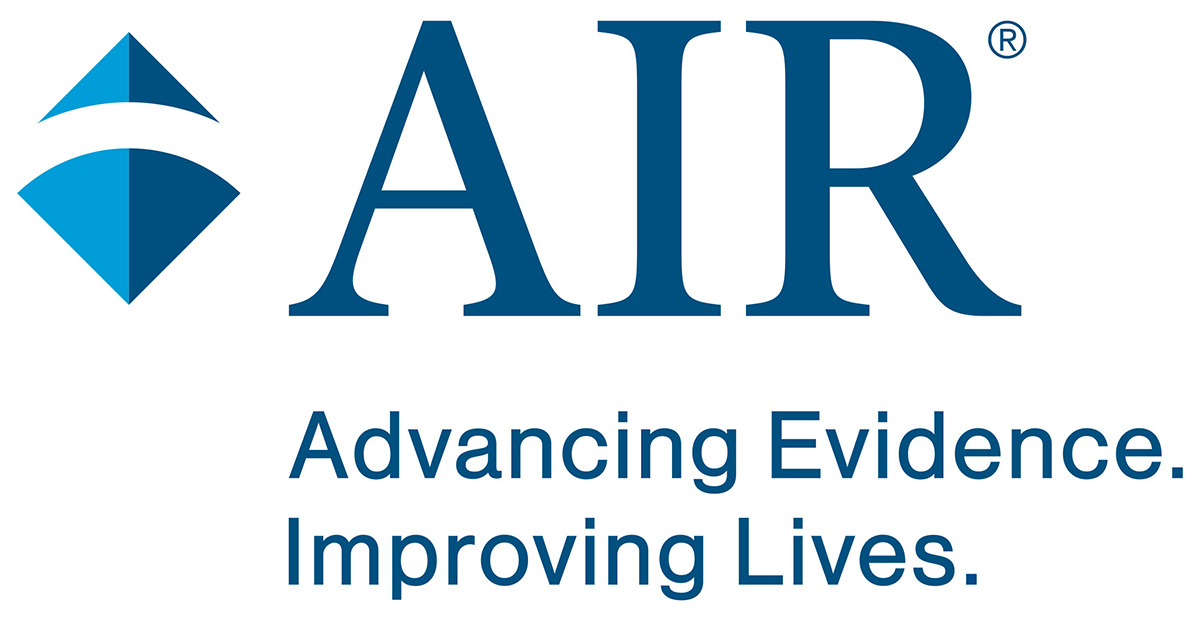 |
 |
 |
 |
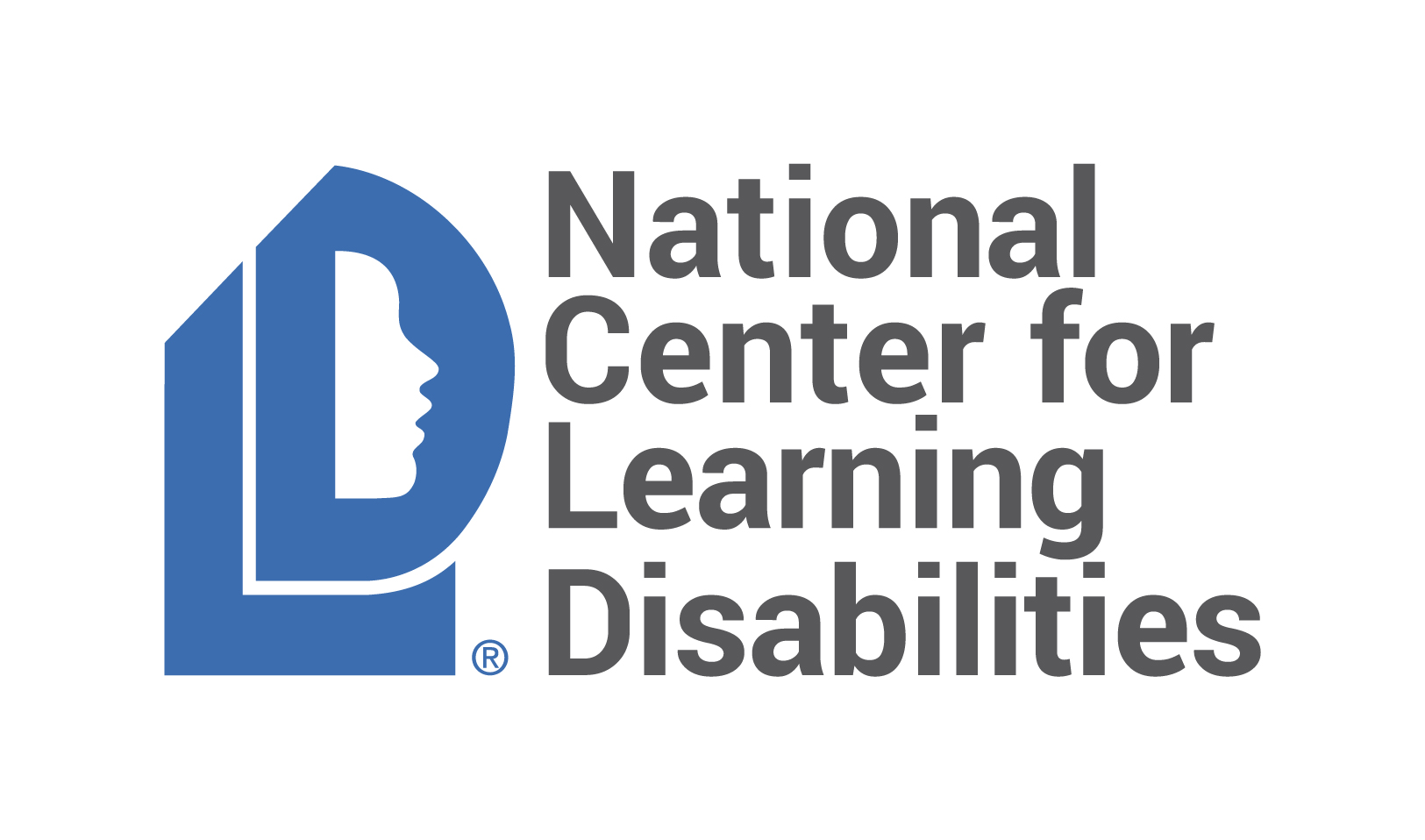 |
|---|
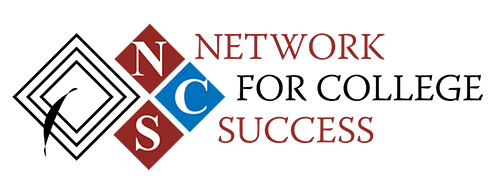 |
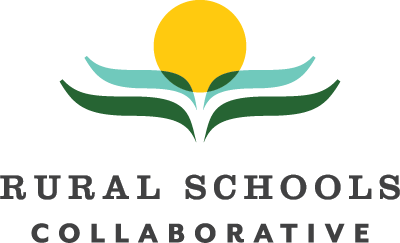 |
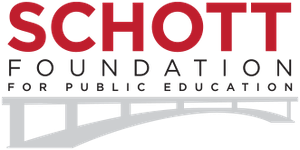 |
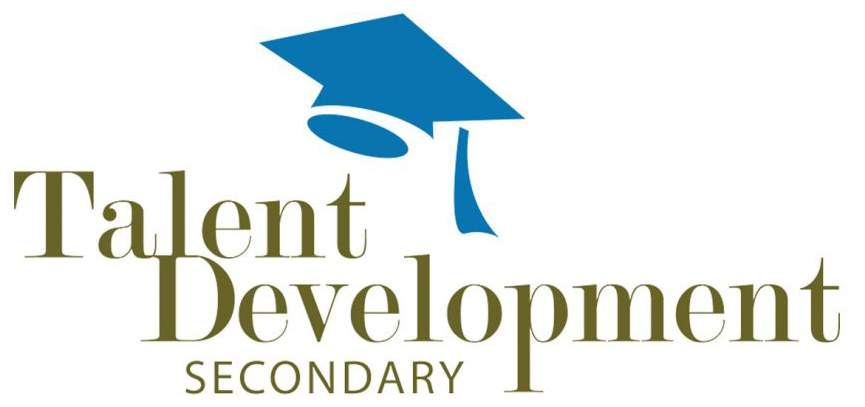 |
|---|
RSC and Our Partners
RSC is proud to be working with several of our Regional Hub Partners to launch pilot cohorts of participating schools. Our first cohort (2022-2024) featured 20 diverse rural schools in Far Northern California and the Black Belt, and the second cohort will include 30+ schools from the Missouri Ozarks, Eastern Carolina, Arizona, and Indiana for at total of 50+ schools. These schools will receive a modest matched support grant and technical assistance to implement new student success systems to help students reach on-time graduation.
LEARN MORE

Arizona Rural Schools Association
LEARN MORE

Center of Excellence in Leadership of Learning | University of Indianapolis
LEARN MORE

East Carolina University's Rural Education Institute
LEARN MORE

Missouri State University's Center for Rural Education
LEARN MORE
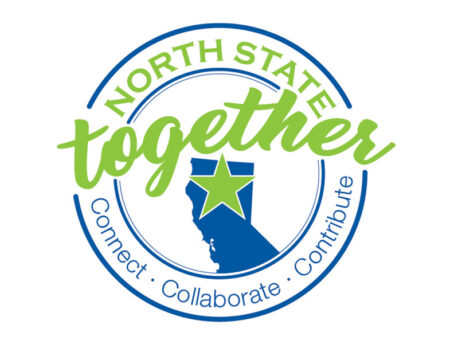
North State Together
LEARN MORE

University of West Alabama's Center for Rural Education
Rural School Resources:
Learn more about resources from the national team at the GRAD Partnership for Students Success. These include definitions of Student Success Systems, a self-reflection toolkit for schools implementing Success Systems, and links and recordings for Community of Practice events to learn from peers around the country.
What kinds of indicators and early warning systems do we need today to help us restore, revitalize and deliver on the promise of public education? In this session, Robert Balfanz, Research Professor at the Center for the Social Organization of Schools and Johns Hopkins University and Director of the Everyone Graduates Center, Taylor McCabe-Juhnke, Executive Director of Rural Schools Collaborative, and Susan Schroth, Interim Program Director Shasta College, shared the GRAD Partnership’s definition of Student Success Systems that will be instrumental in making sure schools meet today’s needs while empowering educators and helping students seize success in school and beyond.
This brief provides a case study of NCRERN’s continuous improvement process as implemented in New York and Ohio during 2020-21, including outlining steps to implement a pilot-and-test model in a rural context and summarizing key lessons learned.
This brief describes trends in student absenteeism and the relationship between absenteeism and achievement for students in rural districts in New York and Ohio in the years prior to districts’ involvement in NCRERN.
This brief summarizes the findings for the four attendance-focused interventions NCRERN districts implemented and evaluated in the 2020–21 and 2021–22 school years: personalized messaging, mentoring, family engagement, and postcards.
This resource is designed for school staff who want to try out personalized messaging to improve attendance in their districts. The step-by-step guide includes an overview of the messaging intervention, considerations for planning to roll out the messages in your district, tips for successful implementation, and message templates that can be adapted for use in your district.
The Rural Schools Collaborative is honored to be a part of this important national initiative!
If you wish to learn more about GRAD Partnership, feel free to contact us.
Check out the latest from the Rural GRAD Partnership program:

GRAD Partnership Rural School Spotlight: Tulelake, CA
RSC and our partner GRAD Partnership Intermediaries at North State Together (NST) had the opportunity to visit Tulelake Basin High School in Tulelake, CA. Learn more about their efforts to build school connectedness and students success:
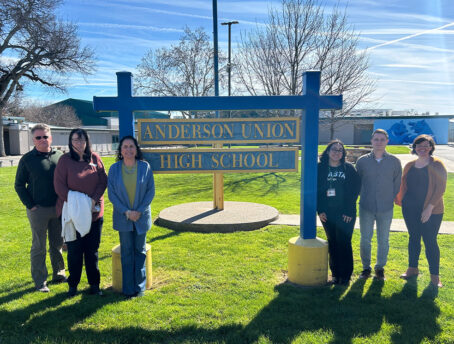
GRAD Partnership CA Rural Spotlight: TRIO at Anderson and West Valley High Schools
RSC along with GRAD Partnership Intermediaries from North State Together (NST), had the opportunity to meet members of the TRIO leadership team working to build student success at Anderson Union School District.
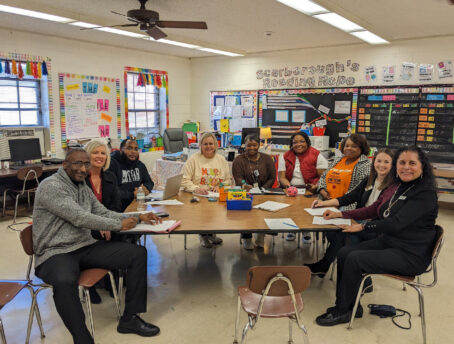
GRAD Partnership Rural School Spotlight: Thomaston, AL
Through their dedicated efforts, the School Resource Team at AL Johnson exemplifies effective student support, creating positive impacts on students and the school community, in rural Alabama.
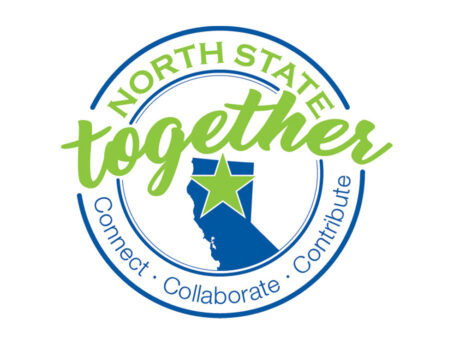
GRAD Partnership Intermediary Spotlight: North State Together
North State Together, one of Rural Schools Collaborative’s far Northern California hub leads, was recently named a national intermediary spotlight for the GRAD Partnership for Student Success.
